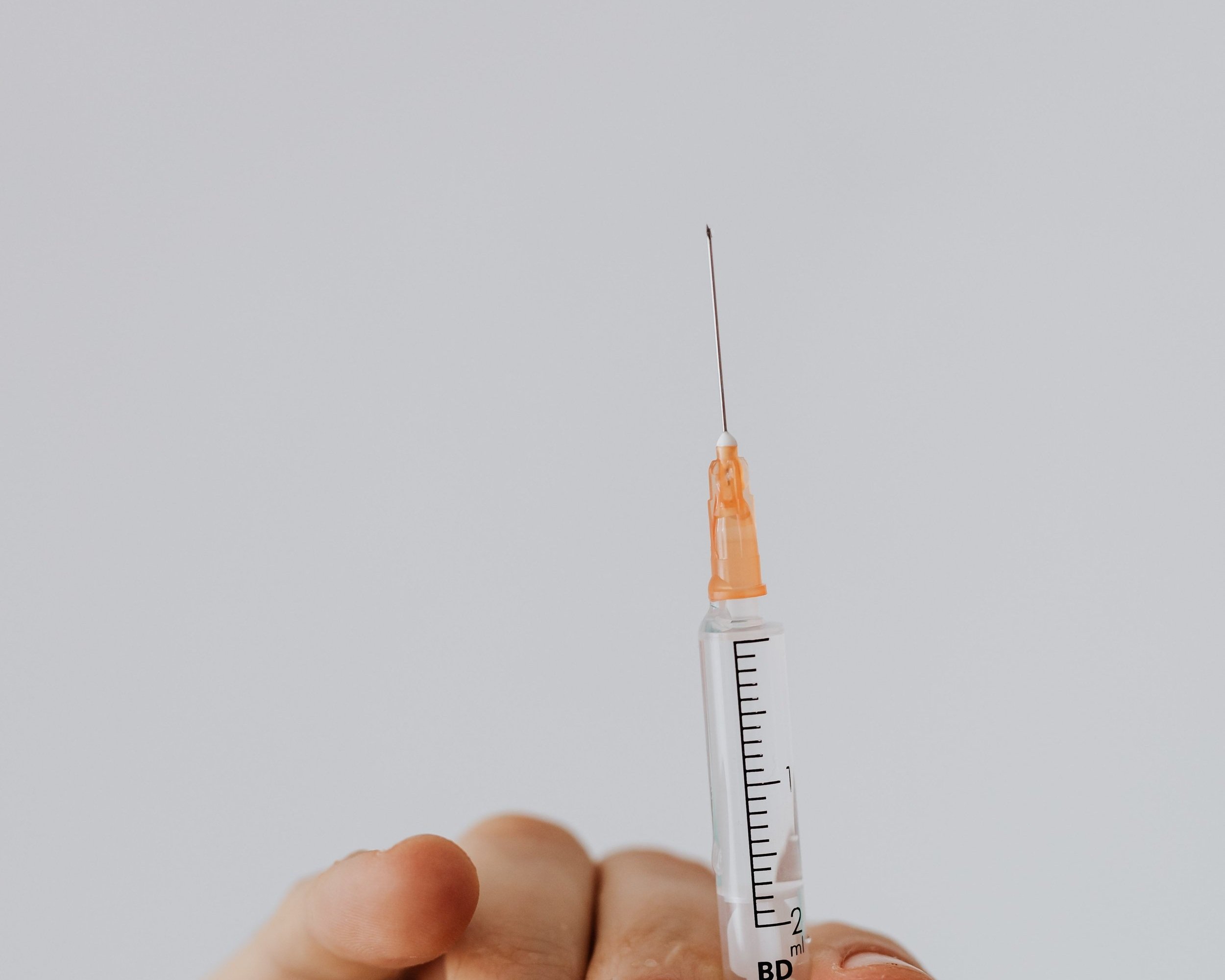Advice For COVID Vaccine During Pregnancy
Yes – the vaccine will protect you from COVID-19.
Should you get a COVID-19 vaccine (first and/or second dose) during pregnancy?
Yes – the vaccine will protect you from COVID-19. COVID-19 vaccines provoke an immune response to proteins associated with the SARS Cov2 virus. They can induce side effects for a few days like injection site soreness, headache, tiredness, muscle ache or a raised temperature. Current data suggest that women in pregnancy are at higher risk of severe COVID-19 infection. The consequences of this are increased need for admission to intensive care, ventilation in intensive care, death of the mother and the complications of early delivery, including death of the baby . There are adverse effects on the placenta and baby if a woman is infected with SARS Cov-2 during pregnancy. The risk of severe disease in the mother requiring admission to intensive care were greatly reduced in women who had been vaccinated and therefore vaccination prior to and during pregnancy is beneficial and recommended.
COVID-19 vaccines do not contain any live virus particles. There are two types available in Australia and only one is available in New Zealand at this time (Pfizer-BioNTech).
mRNA vaccines
The mRNA 157 (Pfizer-BioNTech (BNT 16262) and Moderna (mRNA-1273)) are the first vaccines using mRNA to stimulate an immune response. Pregnant women were excluded from clinical trials measuring safety but large observational experience of use of these vaccines during pregnancy (35,000 women) has become available from United States of America.
1. The mRNA vaccines are effective during pregnancy. Antibody response is similar to non pregnant women and antibodies are detectable in the umbilical cord bloods which may imply protection to the baby following birth.
2. The vaccines are well tolerated during pregnancy. There is no evidence of placental problems or birth defects or miscarriage being increased with the administration of the vaccine during pregnancy.
3. The follow up is short with no reported outcomes on children as they develop.
Adenovirus vector vaccine
The second vaccine available is marketed by Astra Zeneca uses an adenovirus vector to stimulate immune response to SARS Cov-2. The Australian Technical Advisory Group on Immunization (ATAGI) has, in response, to post marketing surveillance in Australia and overseas released changing recommendations to use of Astra Zeneca vaccine. In particular the risk of thrombotic complications has been highlighted in media coverage and the risk of vaccine related complications has to be considered against the risk of infection with SARS Cov-2 (which may be high in some areas and at some times) and the individual’s personal circumstances. Other considerations the age of the woman, availability of alternative vaccines and her personal health history. These are best considered within a doctor – patient relationship. The experience of the use of Astra Zeneca vaccine during pregnancy has not been reported though evidence of effect in reduction of severe disease has been reported from the UK where Astra Zeneca vaccine was used widely.
This information is provided for general guidance only and is not a substitute for professional advice from your medical practitioner.
Further references:
Shimabukuro et al NEJM June 17 2021 384(24) 2273-82
Gray et al. . Am J Obstet Gynecol 2021 downloaded prior to press 8 Aug 2021
Beharier et al J Clin Invest. 2021;131(13):e150319.
Shanes et al Obst Gynecol 2021;138(2) 281-3
Approved by ANZSREI Executive
12 August 2021
Written by Dr Raelia Lew
RANZCOG Board Certified CREI Fertility specialist, Gynaecologist and the Director of Women’s Health Melbourne.
Co-host of the Knocked Up Podcast, Co-founder of Ellechemy intimate wellness solutions. Raelia has a PhD in Preconception Health Promotion and Genetic Screening. Raelia is a leading Australian expert in IVF and egg freezing, pioneering a bespoke model of care.


